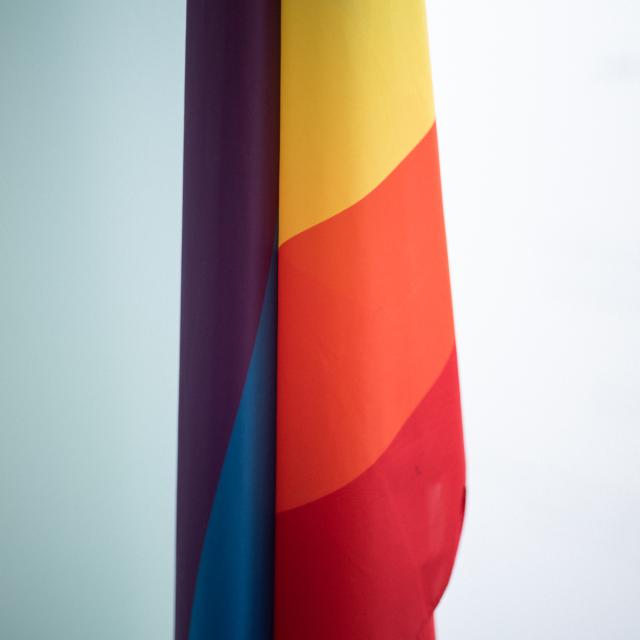
In 2018, the Luxembourgish government published for the first time a plan of national action to promote the rights of LGBTI people in our country. Five years later, the queer community still awaits a proper implementation and evaluation. Lëtzebuerger Journal investigated.
"The main goal is to strengthen the rights of lesbian, gay, bisexual, trans and inter people, " explains Max Hahn, who has been Minister of Family, Integration and the Greater Region since the resignation of Corinne Cahen on the 15th of July, 2023. The Ministry has been responsible to coordinate the implementation and evaluation of the plan of national action to promote the rights of LGBTI people (PAN LGBTI) since 2018. This PAN LGBTI is an inter-ministry collaboration between nine ministries and twelve civic societies. On over 56 pages, the plan details how the government wants to 1) make education more queer-friendly, 2) combat discrimination in work environments, 3) offer more adequate health resources, 4) support rainbow families, 5) support queer refugees, 6) combat discrimination, hate crimes and hate speech, 7) better protect trans people and 8) better protect intersex people.
"Back in 2018, we were one of the first European countries which established such a PAN LGBTI, " says Hahn, "we based the plan on diverse surveys, on international recommendations and, of course, on the demands of the Luxembourgish civic society". The Minister proudly explains that the Luxembourgish government had been a trailblazer of queer rights, as the European Union Commission had only started recommending these kinds of national plans in 2020. While the Minister’s enthusiasm is clear, the local community is not so sure.
Keyword: ambitious
"It is a very ambitious plan. It has a wide span, covering diverse life experiences and target populations. The PAN LGBTI includes 36 objectives and 93 proposed actions, " describes Hahn the document at the beginning of our interview. On the one side, his ministry functions through its own competences as Ministry of Family, Integration and the Greater Region and, on the other side, as coordinator between the ministries’ and the civic societies’ work. As part of this coordination work, the ministry "established an inter-ministry committee, which accompanies the implementations of the plan. All the ministries as well as the civic societies are part of this committee".
Hahn explains the collaboration between ministries and civic societies as two-sided. "Every time we implement something from the PAN LGBTI, we ask the civic society for its expertise. But we also try to always support civic societies when they reach out to us." He describes the ministry’s approach as bottom-up: the community’s needs are the starting point for their actions. One clear example for this approach, as the Minister highlights, are the three local resources funded specifically by the Ministry of Family: the Centre Cigale, the Rainbow Center and the Familljen-Center.
You want more? Get access now.
-
One-year subscription€185.00/year
-
Monthly subscription€18.50/month
-
Zukunftsabo for subscribers under the age of 26€120.00/year
Already have an account?
Log in


